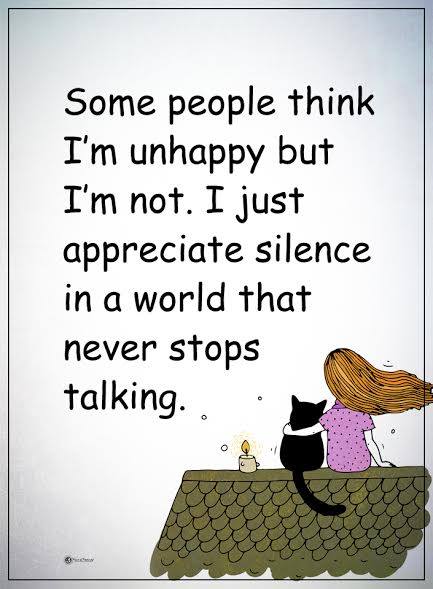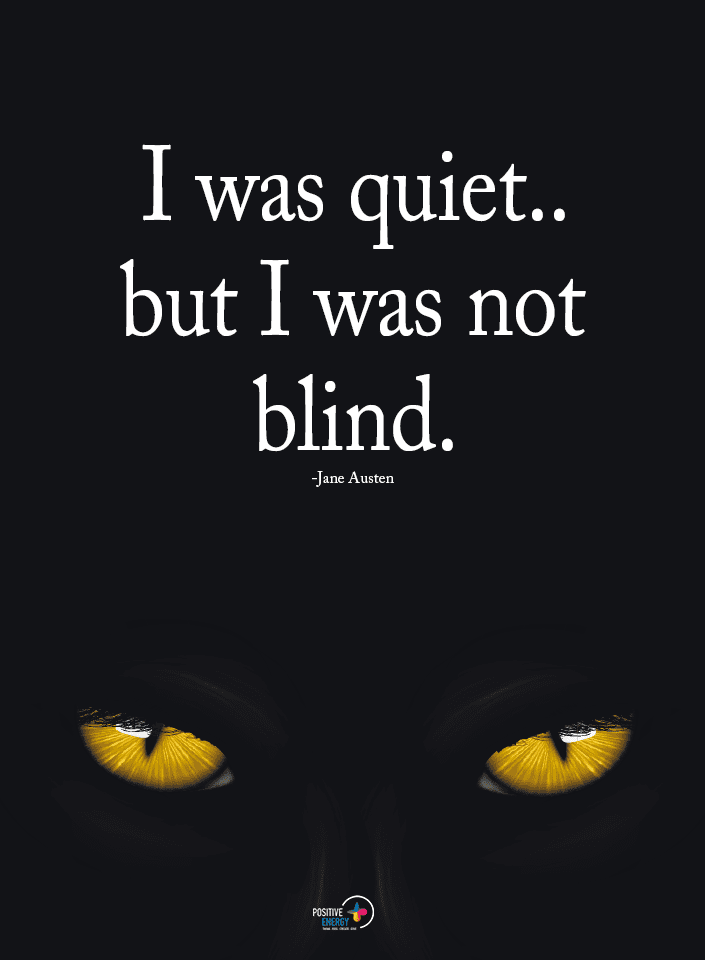Decision-making is an unavoidable part of life. It’s natural to become emotionally invested and feel sentimental reactions toward things, but you’ll regret letting it impact your decision. By identifying the signs you’re making an emotional decision, you can learn to avoid the mistake.
Decisions are everywhere, from what you eat or where you shop to what you post online. You also have to choose who you spend your time with, where you will work, and whether you’ll let your child go to their friend’s house later. As an adult, you can’t avoid making decisions, and even small ones can seem overwhelming when they pile up.
Watch for the signs that your emotions are interfering with your decision-making skills so that you can make a logical decision instead. It’s often difficult to make a decision, and that’s because of the worry that comes with potentially picking the wrong choice. There’s no sure way to make the right choice every time, but controlling your emotions can help.
The next time you must decide something, take some time to reflect and check for the signs discussed below. If you identify with any, it might not be the best time to make your final choice.
What Science Says About Emotional Decisions
Scientists say that your brain uses two systems in collaboration to make a choice. The first system is the one that produces automatic responses, and the second system is for more complex decisions.
When you finish a common saying, you use the first system. However, computing math formulas require a more complex system. When you must make a decision, the two systems work together, so the decision-making process takes less effort.
When you lack energy or mental focus, it leads to making emotional decisions. It happens when you experience burnout, lack of sleep, or overthinking. Making an emotional decision during this mindset leads to regret later on.
Once you’ve had time to reflect on your decisions, you might realize you could have chosen a better alternative. Making decisions in the heat of the moment rarely works out long-term.
Additionally, experts discovered that emotions affect more than the situation they regard. If you’re experiencing intense emotions on any topic, it can affect your decisions in other areas of your life.
Signs You’re Making an Emotional Decision

1. You’re Acting Impulsively and Making an Emotional Decision
Impulsive behavior is often emotional, and taking a step back is best. If you choose to use this mindset, the intense emotion can lead to something you later regret. You subconsciously tell yourself that your feelings control your life.
Resist making an impulsive decision so that you can make the best one for your life. Once the tense emotion subsides, you can find a creative solution to your problem.
2. You Make Decisions with Personal Relationships in Mind
While personal relationships are essential, you can’t allow them to sway your decisions. You might find yourself doing things you don’t want to do because of personal relationships. Likewise, you’ll pass on the opportunity to do something you’d love to experience.
Your decisions with personal relationships in mind can cause issues in your life. They could harm your well-being or interfere with your success.
3. You Might Make an Emotional Decision if You Are You’re Settling
When you’re sad or experiencing intense emotions, it might cause you to settle. You’ll set lower goals, devalue your sense of self-worth, and set the bar low for yourself.
While people often settle, hoping that achieving their minimal goal will improve their mood, it tends to have the opposite effect. It prevents you from becoming the best version of yourself and living the best life possible. Settling can make you miss out on opportunities or cause you to feel like you shouldn’t even try.
4. You Don’t Know Why You Made the Decision
When you think you’re ready to make a final decision, take a moment to reflect. Consider your reason, allowing you to see if it’s justifiable. If you can’t come up with a reason, you are likely making an emotional decision.
5. You’re Making High-Risk Decisions
Intense emotions can lead to high-risk decisions that likely have a low payoff. Research shows that feelings like anger and embarrassment can interfere with your self-regulation skills, and you don’t want to make a rash decision.
Give yourself time before deciding so that you don’t regret anything. You don’t want to choose a self-destructive path during a moment of intense emotion. It won’t pay off, and your negative feelings will likely intensify.
6. You Won’t Let Go of Your Ideas
Favoring your ideas is normal, but you can’t disregard other thoughts. You won’t often listen to or consider other ideas. Likewise, you won’t be willing to budge on any aspect.
When your plan doesn’t go the way you hoped, you still won’t let go of the thought. You’ll want to keep your process in place, making excuses for the lack of success.
If this happens to you, try deciding by looking at the data from an outside perspective. Stay objective and trust the numbers, letting go of your fear of a plan gone astray. If fear of judgment keeps you from letting go, you must also stop worrying about societal pressure.

7. You Haven’t Taken Time to Feel Your Emotions
Frequently suppressing your emotions can lead to emotional decisions that you’ll regret later on. Suppression often intensifies the feelings you worked to push away.
Ignoring your feelings or refusing to deal with them can create an unhealthy situation. You’ll find that you won’t make the best decisions for your life.
8. Nobody Else Understands Your Thought Process and Rationale
You don’t need everyone to agree with your decisions, but they should at least understand it. If no one in your life can wrap their heads around why you chose something, it could be a sign. Don’t rely on others to make your decisions; open yourself to new, alternative perspectives.
If no one else understands, it likely means that you’re making an emotional decision. Take some time to consider what influenced your decision and if there is any emotion attached.
9. You Make Decisions Based on Other People’s Desires
Many people spend their lives listening to the expectations and desires of other people. Children learn to obey and do the things expected of them. They think they must be how society implies a child should be, plus they also deal with parental expectations.
As children get older, they become adults who continue feeling pressured to be a certain way. You might think you have to do things the same way others do, but that’s not true. If you find that you’re deciding what will fit in and please others, it is likely the wrong choice.
Instead, learn to make decisions that align with your value and help you become a better person. Don’t let the fear of judgment or rejection stop you from living the best life for yourself.
You must know yourself if you want to stop making emotional decisions based on what other people want. Spend time reflecting on your values, desires, dreams, and feelings. You can also ask yourself if you’d still make the same choice if you were alone with no outside influences.
If you don’t make your own decisions, it’ll lead to frustration and resentment. You’ll quickly regret your choices, causing you to miss out on other opportunities.
10. You Go Back and Forth on Your Thoughts
One minute you might be sure of your decision and then question it the next minute. When a decision is hard to make, this back-and-forth is normal. However, it could also indicate that your emotions are influencing your thoughts.
If you feel pessimistic, you’ll lean toward the easier option. On the other hand, if you feel optimistic, you’re more likely to choose the option with a higher potential payoff. If you keep going back and forth, give yourself more time before making the final call.
11. You’re Overly Excited, Which Can Lead to Emotional Decision Making
It’s easy to make an emotional decision when you’re overly excited. It causes you to overestimate your chances of success, causing you to jump into things you aren’t ready to handle.
Plus, excitement can make you willing to splurge and do things you typically wouldn’t. You underestimate the risks, causing you to make decisions you’ll regret.
12. You’re Listening to Your Self-Fabricated Mental Stories
You can’t escape your thoughts, and they aren’t always reality. If you’re prone to intense and obsessive thinking, it’s a good sign that you make emotional decisions.
Sometimes you’ll make the wrong decisions because you believe something untrue. These false beliefs often stem from fabricated thoughts that your mind processed as the truth.
Many times, these stories that you tell yourself happen regarding the future. You don’t know how things will work out, so your mind fills in the blanks rather than dealing with uncertainty. Before you know it, you believe what you made up in your head.
Take a step back if you’re using fabricated thoughts to make your decisions. You’re sure to make an emotional decision if you don’t wait, causing regret later.
Final Thoughts on Making an Emotional Decision You’ll Regret Later On
It’s hard to disregard your emotions when deciding, but It’s sometimes essential. Try to focus your decisions on logic, allowing you to make choices that benefit your life. While emotion will always play a role, you shouldn’t allow it to become the determining factor.
If you think you might regret an emotional decision later, take a step back. Don’t decide until you’ve calmed down and reflected on the situation. You’ll be glad you waited as it helps you live the best life possible.



















